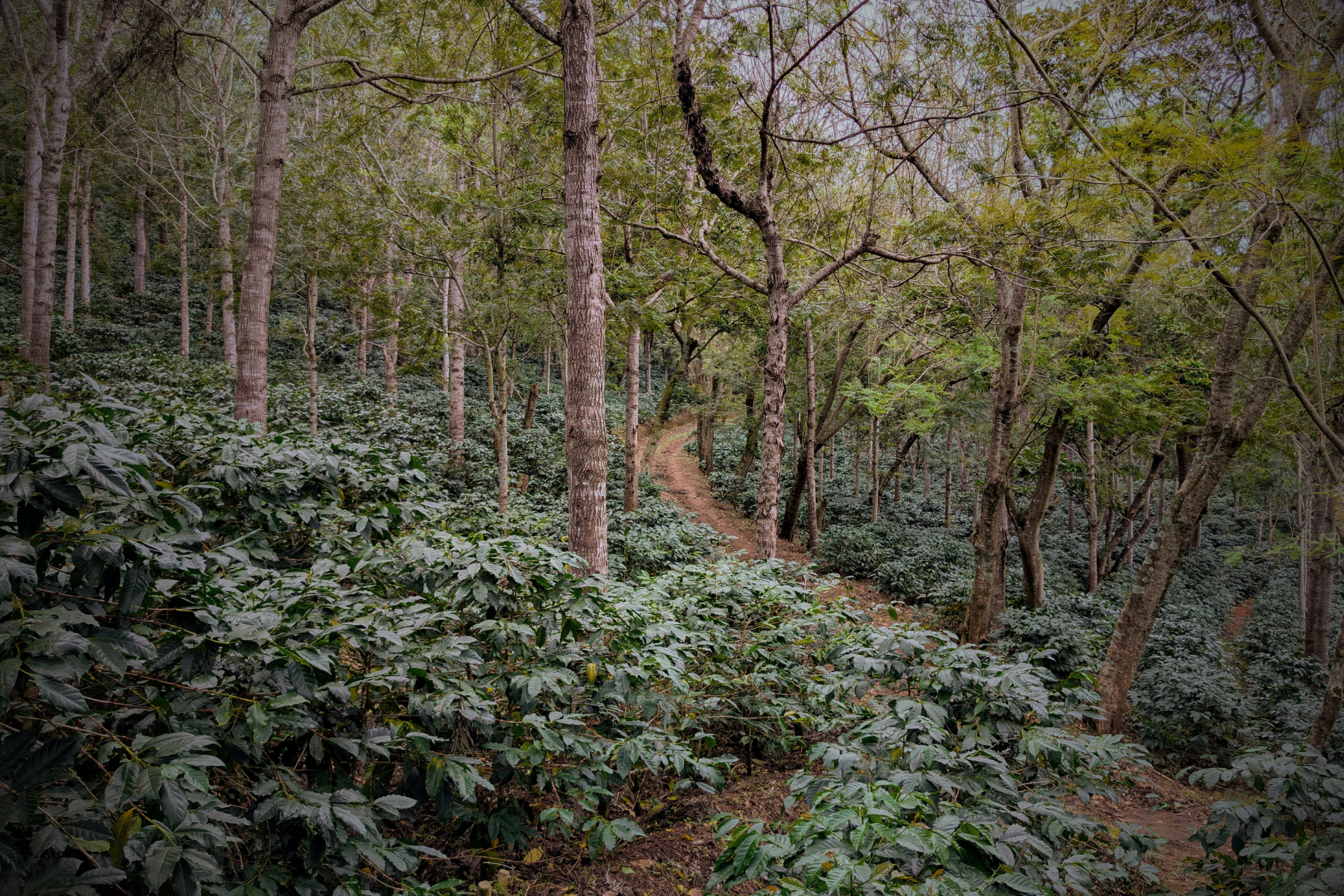EUDR Updates: Summer 2025
By now, most of us will have heard about the European Union’s Deforestation Regulation (EUDR), a landmark piece of legislation which aims to reduce global deforestation for several of the world’s highest risk commodities, including coffee. Though it was delayed from its planned launch by one year, the law will come into effect starting at the end of 2025 for large companies and June 2026 for SMEs.
The EUDR details what responsibilities each actor has along the supply chain, and exactly how they must conform to the regulation. Regardless of your role in the supply chain, there is a baseline requirement: understanding the law. Understanding the law sounds simple, but it’s actually a monumental task. Consider what this entails for different actors across the supply chain:
Farmers, who may be many steps removed from buyers, must understand the law to ensure their actions are not compromising their ability to sell into the EU market.
Processors and producer organisations, such as Cooperatives, mills and washing stations, must understand their responsibility to provide strict traceability data for each farm and lot.
Exporters and Importers must collaborate with producers, processors and buyers to ensure that risk is mitigated for each party and all requirements are satisfied for entry into the EU.
Roasters must understand their own obligations, such as providing full sets of EUDR paperwork in the event of an audit.
Our team at Primavera has been preparing for EUDR for many months, investing considerable resources to ensure that our producer partners don’t lose access to a valuable market, and to ensure that our clients in the European Union can purchase coffee with full confidence that it will be compliant and risk-free.
Some good news: as of spring 2025, we have now fully mapped our entire Guatemalan supply chain for the 2025 harvest season, with NO DEFORESTATION FOUND at any of our producer partners. Though this isn’t a future guarantee, it is a very good sign that deforestation is not at all prevalent in our Guatemala network. We’re also working with our Colombian and Ethiopian partners to ensure compliance ahead of the deadline.
Each producing country, region, and supply chain has its own challenges, making the task complex and resource-intensive. To the best of our ability, we are attempting to remove the burden from individual producers or small producer groups who have the most limited resources, and to support where there is highest capacity to execute.
With the one year countdown approaching (for SMEs) we suggest that roasters:
Familiarize yourself with the EUDR by reading the guidance and FAQs on the official EU website.
90% of all roasters in the EU are considered SMEs, which qualify for lower due diligence requirements. If you are unsure about your company’s status, check the EU website for further information.
Contact your suppliers and ask them about their EUDR readiness, how they plan to provide the necessary documentation, and whether they expect any disruptions in supply availability. While Primavera is well prepared for EUDR, this may not be the case for all.
Consider attending an online or in-person lecture or training session on EUDR.
Ensure that you have sufficient document administration tools to comply, such as the ability to safely store EUDR digital records for up to five years. Cropster has published a helpful article on this.
As your import partner, we are here to help you and to support our producer partners throughout this process. If you have any questions or would like to chat through anything EUDR related, feel free to reach out.

